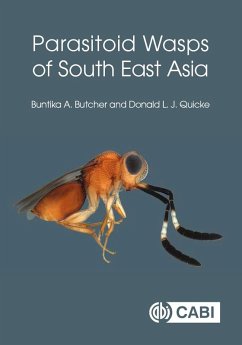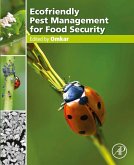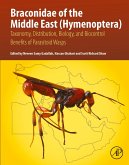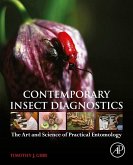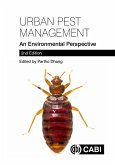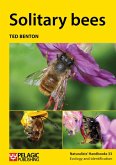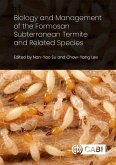Parasitoid wasps are cosmopolitan, numerous and enormously diverse with probably one million or more species worldwide, most of which occur in the moist tropics. Their ecological importance is enormous although perhaps most evident in their major roles in the control of insect pest populations. In natural ecosystems they are integral in regulating populations of a vast number of insects, and therefore are key players in terrestrial food webs. Knowledge of their biology is still very poor because the current state of taxonomy is still in its infancy in most parts of the world. In this book, we provide an overview of the more than 30 families of parasitoid wasps that occur in the 11 countries in South East Asia. Particular emphasis is given to those most commonly encountered and reared, as well as to those used in biological control programmes. Outlines of the morphology, biology, ecology and behaviour of each family, as well as of various important subfamilies are presented. The current state of taxonomy in the region is summarised. Other chapters cover basic biology, behaviour, morphological terminology, phylogeny and methods of specimen collecting, preparation and rearing with particular relevance to the tropics. Modern molecular approaches to speeding taxonomic description of hyperdiverse taxa are considered in depth. All groups are illustrated with colour photographs. This book will be of value to professional entomologists, academics, entomology students and the growing body of amateur entomologists and insect photographers.
Dieser Download kann aus rechtlichen Gründen nur mit Rechnungsadresse in A, D ausgeliefert werden.

